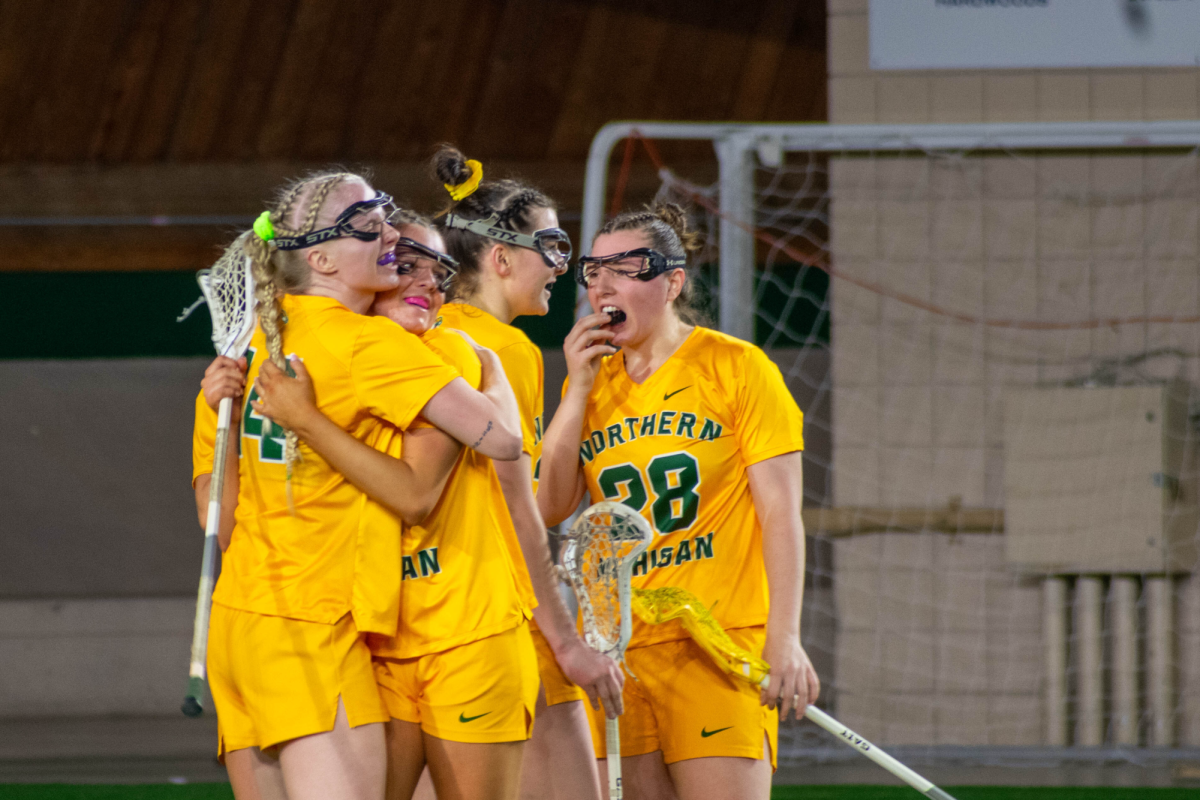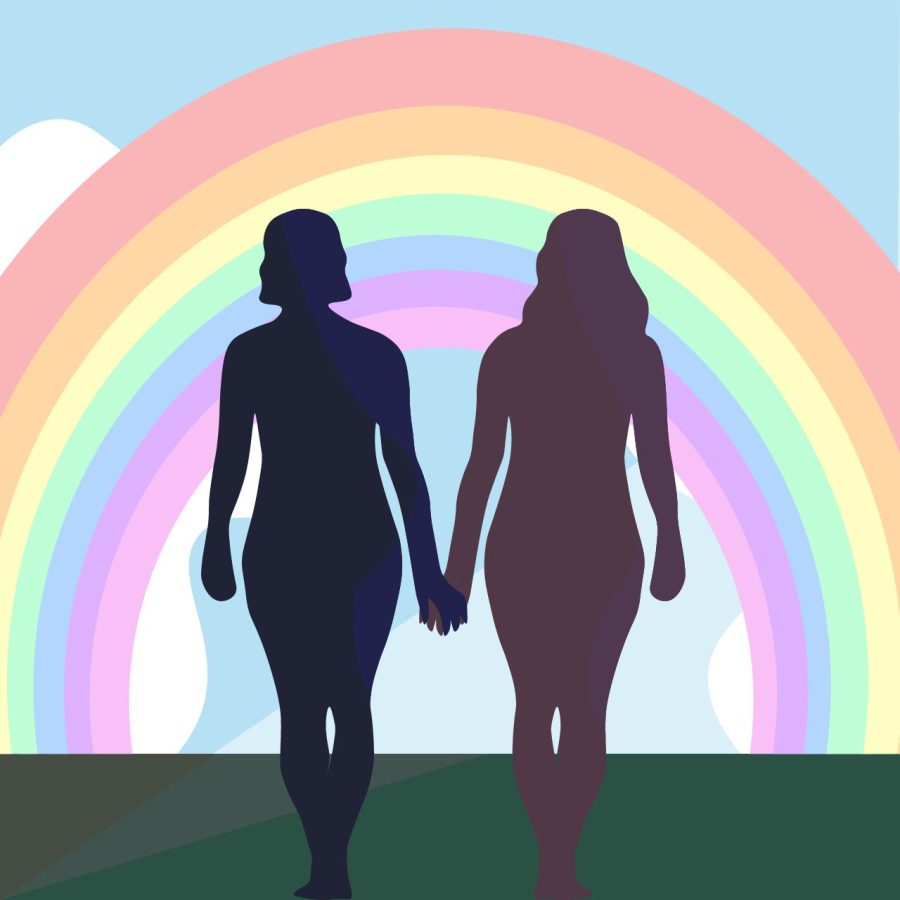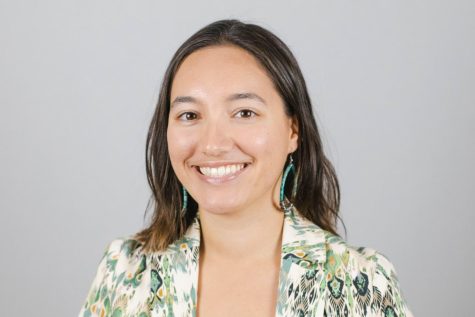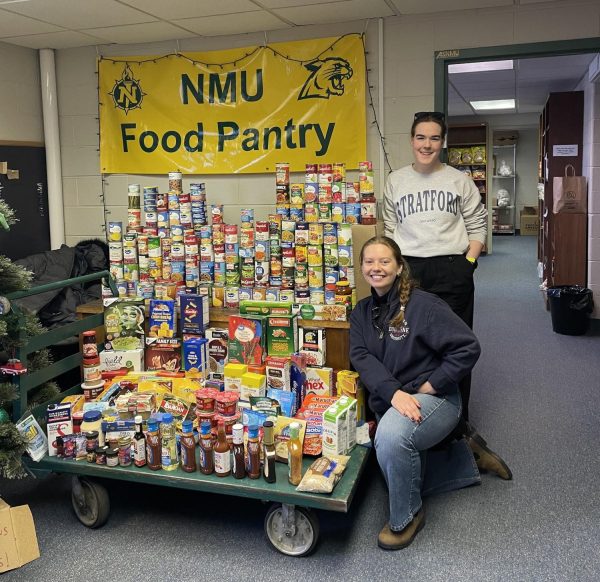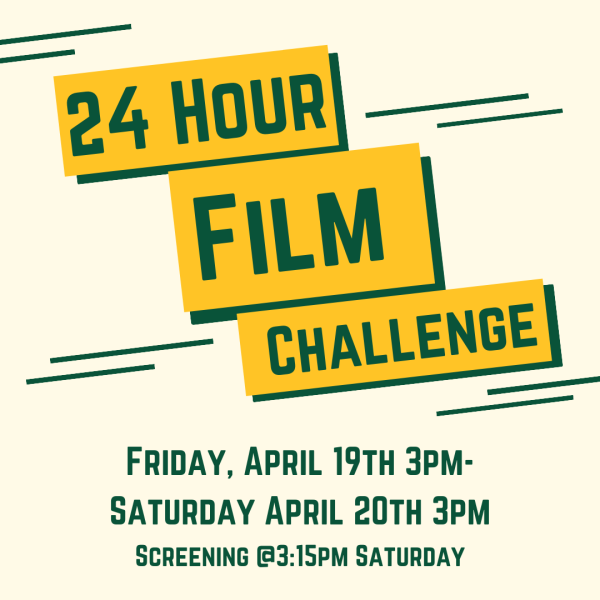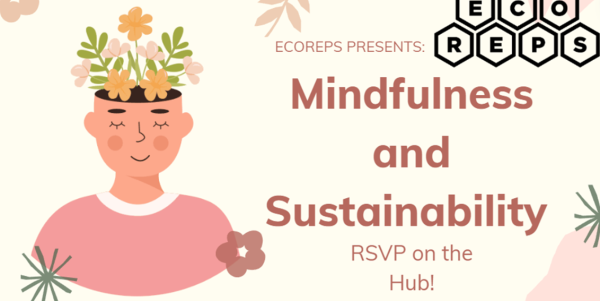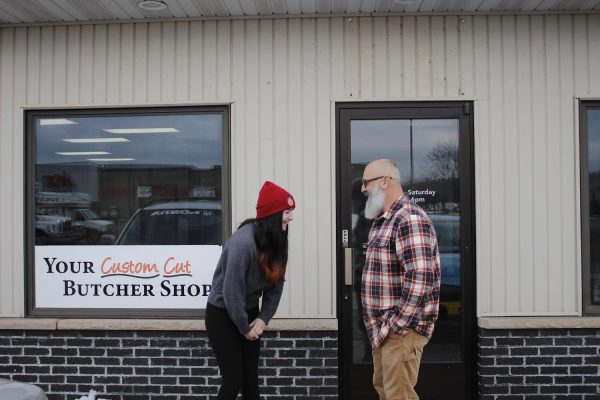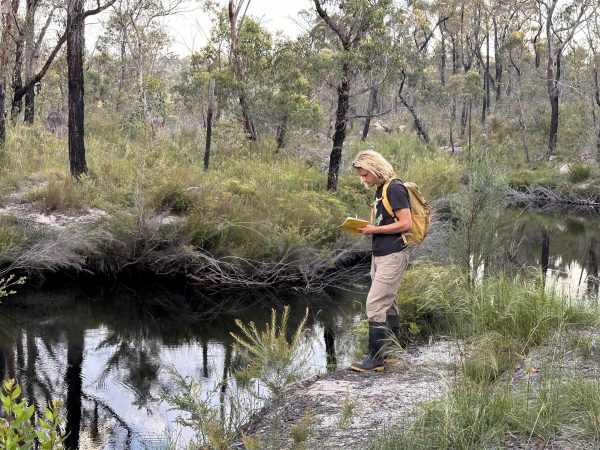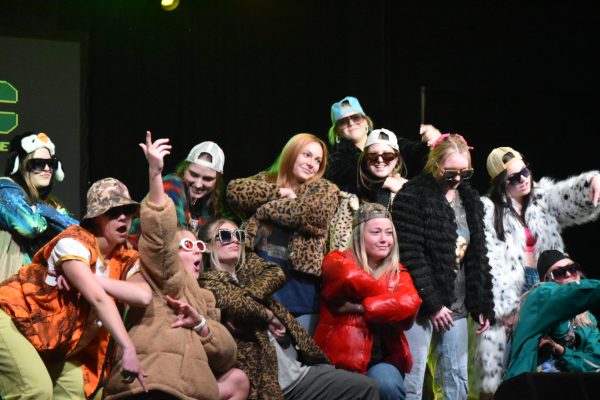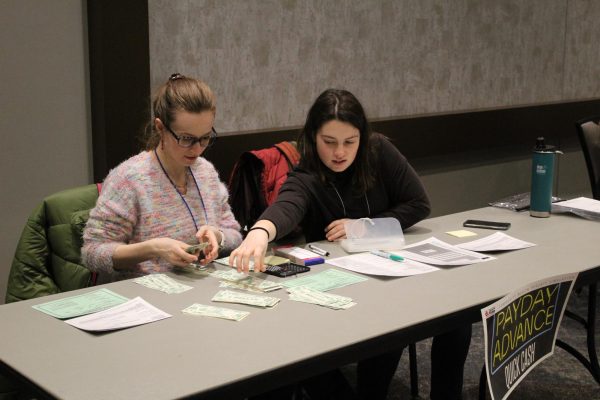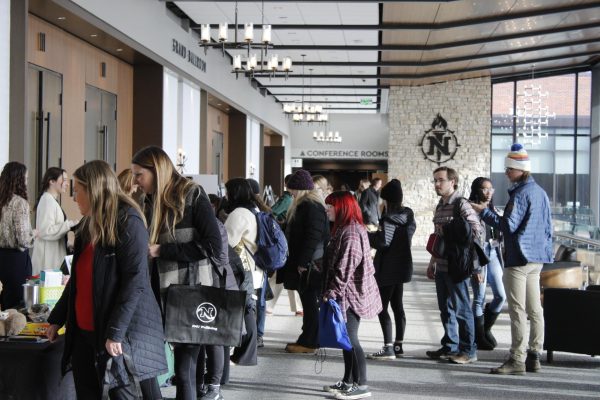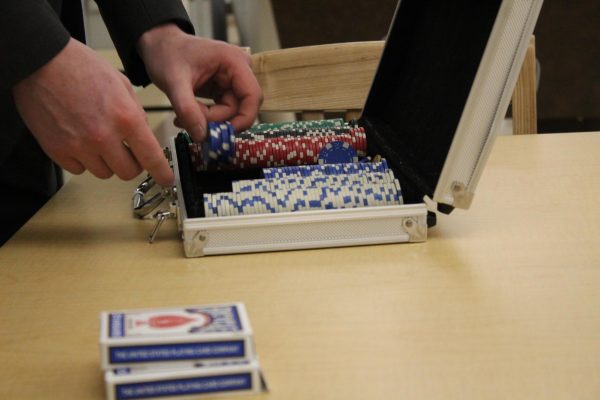LGBTQ+ workshops to delve into queer history, butch/femme identities
February 8, 2022
This Saturday, Feb. 12, Queers and Allies will be hosting their 25th annual drag show at Vandament Arena. In this week leading up to this event, they are bringing in guest speakers to present on topics such as butch and femme identities and survey research on LGBTQ+ issues.
Stefanie Vargas, the program coordinator at the Student Equity and Engagement Center and former president of Queers and Allies, will be giving her presentation “High Heels & Hardhats: Butch/Femme History & Community,” on Wednesday, Feb. 9 from 7 to 8:30 p.m. in Jamrich 1318.
Her lecture will talk about the history behind the terms butch and femme and how they have developed into a variety of queer identities today.
“Butch and femme identities are used historically in the LGBT community to mean more than masculine and feminine, but to talk about gender expression in a uniquely queer, gay, LGBT kind of way,” Vargas said. “We oftentimes talk about butch and femme in terms of lesbians, but actually, we’re going to talk about the historical terms and how they apply to all sorts of LGBT communities, where the words came from, how they’ve developed and how we use them now as communities.”
Learning about the history and meaning behind these terms is especially important for those in the queer community who may not have reliable ways to learn this information and feel validated in their identities.
“Most LGBTQ folks don’t get a lot of access to their history,” Vargas said. “We really don’t often hear about where we came from, unless you are digging into oral history or finding the most random online blogs you can find, and without history, we can’t evolve or develop as a community.”
Northern alum Kedzie Stark will be presenting “How We Know What We Know: Survey Research on LGBT Issues” on Thursday, Feb. 10 from 5 to 6:30 p.m. via Zoom or in Jamrich 1320.
Their presentation will also touch on the history of the queer community but will also look into the future of queer research and how to develop survey questions that account for the scope of gender and sexuality.
“Knowing how to ask the right questions in a survey will get you more useful results, whether you’re doing serious academic research or just taking an opinion poll,” Stark said. “I also think understanding surveys makes you better at interpreting and critiquing other people’s research.”
Stark hopes students will be able to think critically about the surveys they participate in in the future, especially on questions relating to gender.
Both workshops will include ample time for questions following the presentation and encourage input and conversation from attendees.
“I think, as queer people, we get really excited when we hear about ourselves, because that’s not a frequent opportunity,” Vargas said. “So I hope students get to feel really validated in their identities, and get to walk away with a little more knowledge and understanding of where we came from as a community.”



















